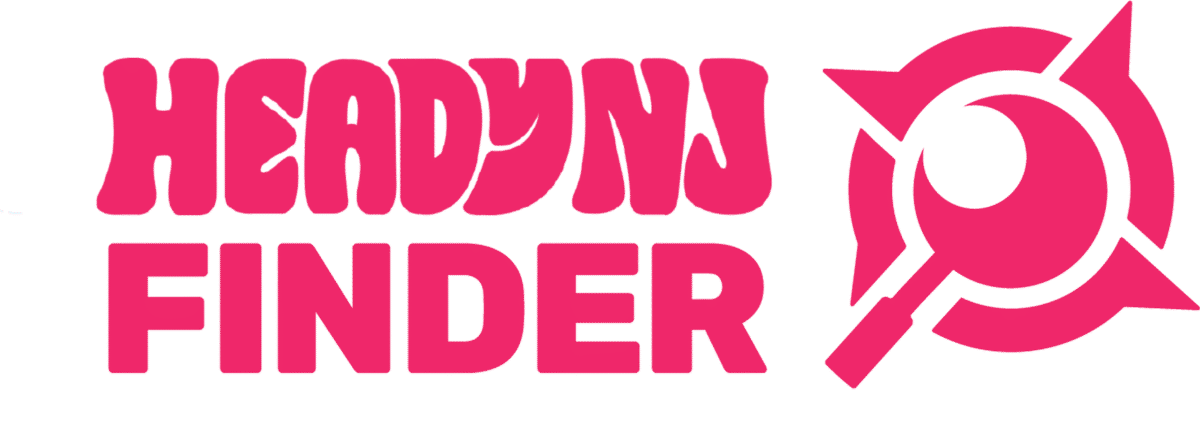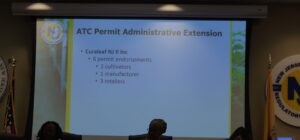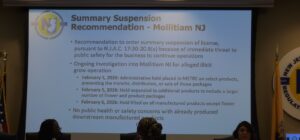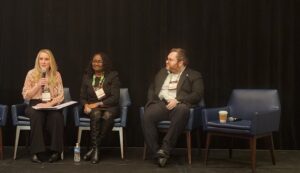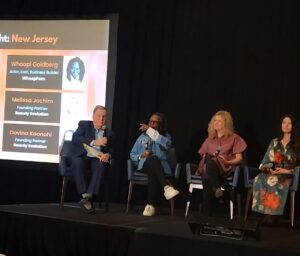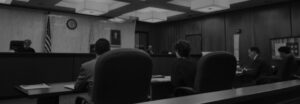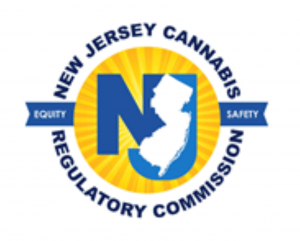Mushroom Fest, hosted by the Northeast Organic Farming Association of NJ (NOFA-NJ), featured a panel on magic mushrooms or psychedelics, or entheogens and their benefits in Asbury Park in Central Jersey.
Table of Contents
The featured speakers were Denise Rue, a trauma-focused psychotherapist, licensed clinical social worker, and founder of NJ Psychedelic Therapy, and Neal Usatin, a filmmaker and co-founder of Psychedelic Oncology.
“This is fertile soil,” Usatin joked.
Rue discussed “the naturally occurring compound of psilocybin, found in over 200 mushrooms” and how she has “never seen… such great potential for healing.”
The talk moved to the history of mushrooms and how ancient cave paintings from thousands of years ago depict their usage.
“People believe mushrooms take away the veil, give access to the divine. When used within a safe and supportive context, it can catalyze great healing,” Rue explained.
Discussing Psychedelics in America
The program educated listeners on America’s ‘psychedelic colonization’. They believe White people went to Central American countries in the early 20th century and took the hallucinogenic mushrooms from indigenous cultures.
The following decades saw a ‘psychedelic renaissance’ with research and papers studying the therapeutic effects of LSD.
“This is where we realized the setting and the mindset is very important to the experience,” she noted. “Depression, trauma, anxiety, personality disorders, terminal illnesses, and more were all treated with psilocybin in the 50s and 60s.”
Progress was stalled due to the Comprehensive Drug Abuse Prevention and Control Act of 1970, which made mushrooms, or shrooms, or psilocybin illegal overnight. Crucial medical research stopped immediately.
This led to privatized research as individual donors and universities continued to test the health benefits of psilocybin. They found that controlled dosing could help with “substance use disorder, alcoholism, and binge eating.”
Magic Mushroom Legalization
Today, laws are slowly progressing in favor of psilocybin usage, though it’s nowhere near acceptable levels to enthusiasts. The panelists met through their shared advocacy work and spoke on the need for magic mushroom legalization.
Usatin shared his idea of an optimal federal and state model.
“On the federal side, (they’d handle) synthetic versions of psilocybin and achieve breakthrough recognition by the FDA to fast-track clinical trial abilities,” he said.
“The state would be focused on the natural substance, which could include extracts or vapors,” Usatin argued. “We can’t continue to have mushrooms criminalized when they grow in nature. Anyone can get them… especially compared to alcohol.”
They wrote a play about the benefits of psilocybin therapy to help folks understand what it’s like to receive this type of treatment. It was presented to legislators in an attempt to sway their judgment.
“We want to educate, take away the stigma, and provide support to people. So they know if they have a bad trip, they can go to The Fireside Project. We are taking a harm reduction approach, regardless of legislation,” explained Rue.
Psilocybin Legalization Progress in Jersey
There is a path towards legalization. A bill in New York that “lays out a licensing procedure” gave Usatin hope for the future of recreational usage in neighboring New Jersey.
A bill legalizing medical magic mushrooms or psilocybin passed by the NJ Senate Health and Budget Committees, along with the NJ Assembly Health Committee, last year. But no progress has been made since then.
In the audience, a New York City fireman who served during 9/11 credited psilocybin to his healing journey. He stated that the “natural medicine” alleviated his chronic headaches and led him to address his undiagnosed Post-Traumatic Stress Disorder (PTSD) and opioid addiction.
“If you’re comfortable, start talking about it with your neighbors because we need to break the stigma. It helps physically for [my] neurological conditions,” he said.
Changing Preferred Nomenclature to Entheogen/Etheogenic
A final takeaway was how the mushroom community would like for folks to use the term ‘entheogenic’ rather than ‘psychedelic.’
“Entheogenic, a substance that helps you find the divine, sounds more scientific and spiritual. We want to neutralize the word psychedelic,” XYZ argued.
Over The Moon Art Studio hosted the Therapeutic Policy panel on psychedelics as the final event of the day. Folks filled the space with shroom-covered shirts, hats, and backpacks.
Other Mushroom Fest programs included cooking demonstrations, foraging guides, lessons on growing, and more.
High Ground and The Flying Pig Market sponsored the NOFA Mushroom Fest in Asbury Park in Monmouth County in Central Jersey by the Jersey Shore. NOFA NJ supports organic food and agriculture in New Jersey through education, technical assistance, and policy action.

